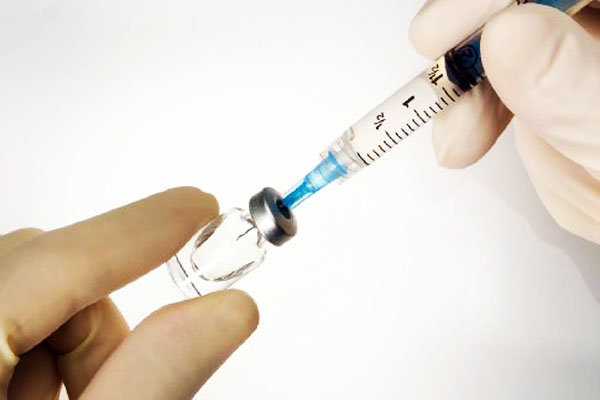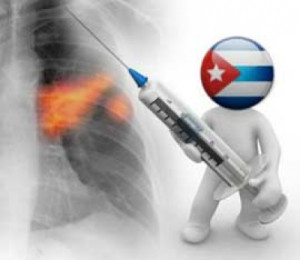
Want to improve the health of millions of Americans? Lift the embargo on Cuba
By reopening embassies, removing Cuba from the “terror list” and making it a bit easier for Americans to travel there, President Barack Obama’s White House has taken initial steps to put an end to a policy that has adversely affected the health of the American people for over half a century. The Senate Appropriation Committee’s action last week to even further ease restrictions on travel to Cuba by U.S. citizens and relax some provisions of the economic embargo, is welcome for a variety of reasons, but perhaps most urgently for the health of citizens in both countries.
Forty years ago, when Jimmy Carter lifted the then-total ban on Americans traveling to Cuba, it became very clear to me as an adviser on health policy to the president that no element of our two societies would benefit more from the free exchange of ideas than the health of our two peoples.
The announcement earlier this month that Cuba has become the first country in the world to end mother-to-child transmission of HIV and syphilis is but one example of developments on the island of potential benefit to Americans. With the door cracked open through diplomatic relations, we now glimpse the possibilities for joint learning, research and development leading to effective health strategies and new treatments.
As a result of our long isolation from Cuba, most Americans are unaware that researchers in Cuba have developed many effective treatments at the country’s Molecular Immunology Institute. These are innovations that not only prolong life, but also improve the quality of life for patients with lung and other types of cancer. And they have proven effective with pediatric patients in clinical trials. One such treatment – CimaVax – the potential lung cancer vaccine – has recently received extensive media attention for its innovation, but less so for the enormous obstacles that continue to stand in the way of benefits for US lung cancer patients.
Cuba already has considerable experience in prevention and treatment of dengue, a brutally painful and sometimes fatal mosquito-borne disease which is endemic in most of the Caribbean basin, including Puerto Rico, and which has now moved into the Florida Keys, Texas and as far north as San Francisco. Cuba is home to the world’s only WHO Collaborating Center in Dengue and is also managing the world’s most advanced phase clinical trials for a vaccine against this disease.
Cuba’s most dramatic breakthrough, however, may be a medication called Heberprot-P, which has already treated more than 165,000 diabetic-foot patients in 26 countries, reducing the risk for amputation by 75 percent. The treatment is in trials in several countries in Europe and elsewhere. Results on safety and effectiveness have been published in the International Wound Journal, Diabetes Care and MEDICC Review, among others.
Unfortunately Heberprot-P is not available in the United States, where diabetes affects more than 29 million people – almost ten percent of the population. American diabetics, who suffer 85,000 limb amputations annually, don’t benefit from this limb – and life – saving treatment. The Department of the Treasury’s Office of Foreign Assets Control (charged with enforcing the U.S. embargo on Cuba) denied a license for trials and sales back in 2010. Then, in 2014, the agency licensed clinical trials only, but refused to green-light future sales, even if the FDA approves the medication as safe and effective.
Clearly the White House must now prevail upon Treasury to approve the full license for Heberprot-P; for monoclonal antibodies targeting lung and childhood brain cancers; and eventually for impending new dengue and cholera vaccines from Cuba. And it is well past time to support the free exchange of knowledge to inform our health leaders about how Cubans live as long as we do at a tiny fraction of the cost.
This new opening can be largely symbolic – which in and of itself is positive – allowing more travel, a freer flow of currency, and uniting families more easily. Or, it can go beyond that to a relaxation or elimination of the five decades-long embargo so that there really is opportunity for full cooperation between the two countries.
Of the many ways I have tried to contribute to the betterment of health for the American people since the Carter presidency, none has seemed so clear yet as elusive as the possibilities from an open relationship with Cuban health leaders. We are now in a moment when decisive action in Washington could move from the symbolic to the practical – and improve the health of millions of Americans in the process.
The ball is now in Congress’ court. The House should follow the Senate Appropriation Committee’s lead and beyond that, vote to lift the economic embargo on Cuba. Our peoples will be healthier for it.
Peter G. Bourne, MD, is a visiting Senior Research Fellow, Green Templeton College, University of Oxford and Chairman of Board of Medical Education Cooperation with Cuba (MEDICC). Under President Jimmy Carter, Dr. Bourne was appointed Special Assistant to the President for Health Issues and Director of the Office of Drug Abuse Policy (ODAP).
(From Roll Call)


